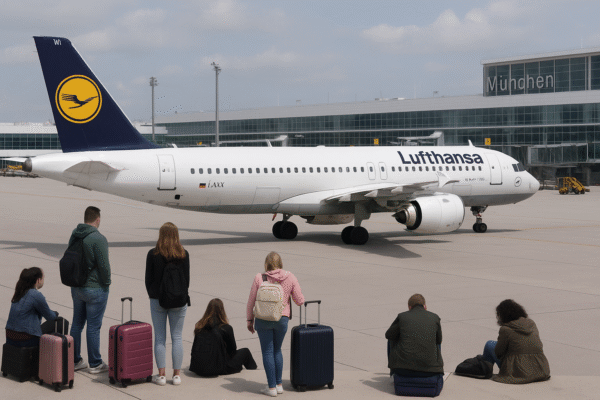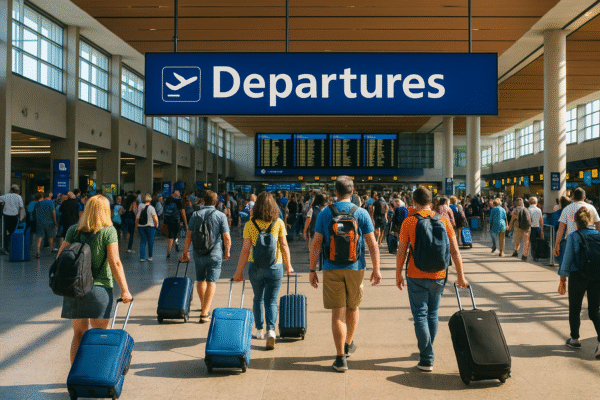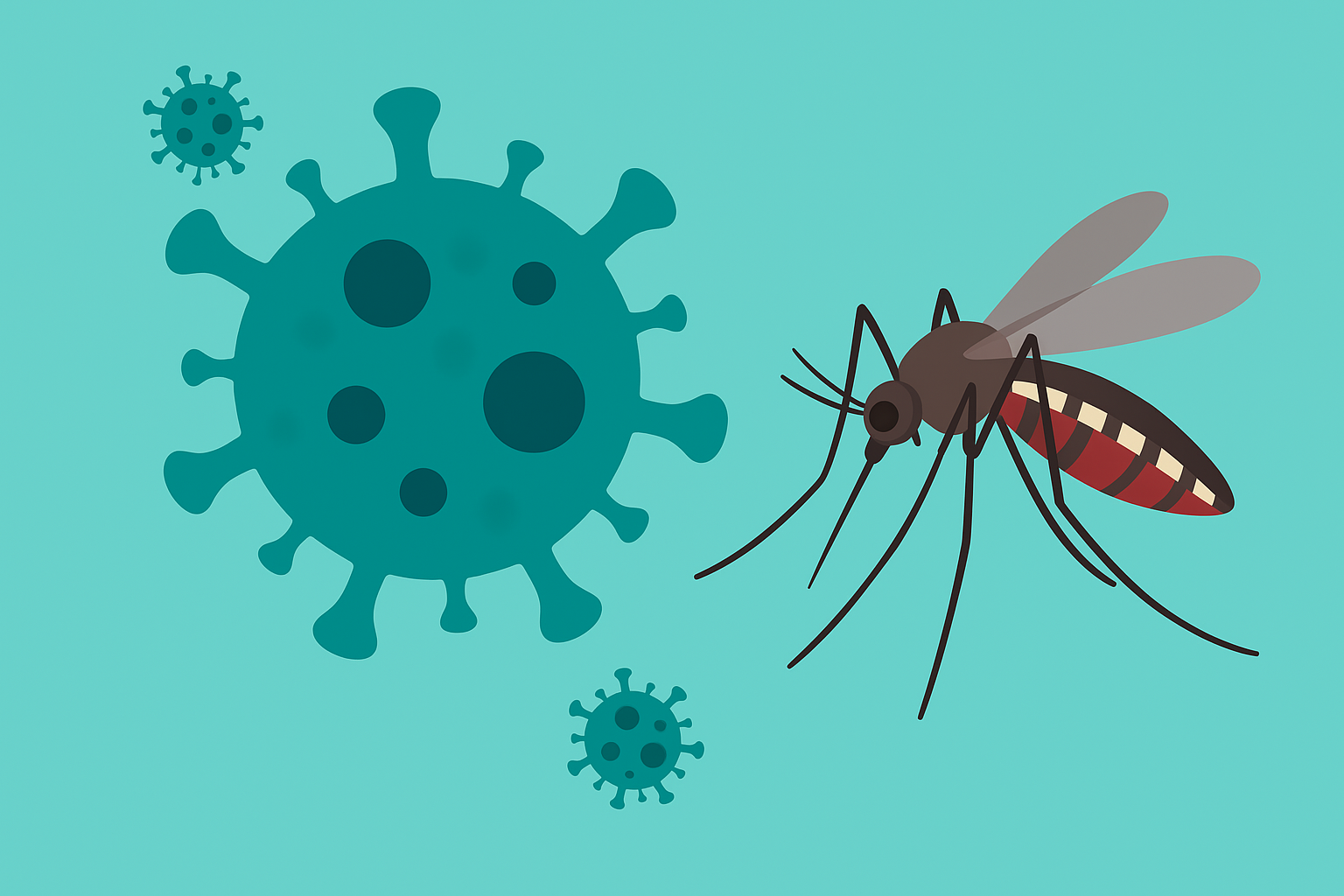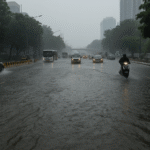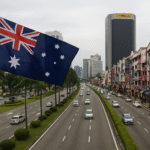A sudden and sharp rise in chikungunya virus cases across southern China has led the United States Centers for Disease Control and Prevention (CDC) to issue a Level 2 travel health alert. With thousands of infections now reported—particularly in the densely populated province of Guangdong—international travelers are being urged to take heightened precautions against mosquito bites.
The CDC advisory underscores the urgency of the situation as the viral outbreak intensifies in cities such as Guangzhou and Foshan. Chikungunya, a mosquito-borne illness, is spreading rapidly through the region, prompting health agencies worldwide to issue updated guidance for travelers heading to Asia.
What Is Chikungunya and Why It Matters
Chikungunya is a viral disease transmitted by infected Aedes mosquitoes—specifically Aedes aegypti and Aedes albopictus, which are also known to carry dengue and Zika viruses. While chikungunya rarely leads to death, it can result in severe joint pain, fever, rash, fatigue, and muscle aches. For some, particularly the elderly and immunocompromised, symptoms can linger for months, causing ongoing discomfort and disability.
The virus cannot be transmitted from person to person, but it spreads rapidly in warm, urban environments where standing water allows mosquitoes to breed.
Rising Cases in Guangdong Province
Southern China’s Guangdong Province has emerged as the outbreak’s epicenter, with more than 7,000 confirmed cases reported in July and early August alone. According to Chinese health officials, over 60% of those cases originated in Foshan City, a major manufacturing and tourist hub near Guangzhou.
With travel activity surging during the summer months, global health authorities, including the CDC, are closely monitoring the spread. Tourists visiting southern China are now being advised to follow strict preventive protocols.
CDC Level 2 Alert: What It Means for Travelers
The CDC’s Level 2 travel alert advises travelers to “practice enhanced precautions.” This includes using insect repellent, wearing long-sleeved clothing, and ensuring accommodations are mosquito-proof.
Though a chikungunya vaccine has been developed and is under review in several countries, it is not yet widely available for public use. As such, personal protection remains the most effective way to avoid infection.
Prevention Tips for Safe Travel in Affected Areas
Travelers to Guangdong or nearby provinces should take the following steps:
- Apply mosquito repellent with active ingredients like DEET, picaridin, or oil of lemon eucalyptus.
- Wear protective clothing, including long pants, long-sleeved shirts, and socks, especially during early morning and late afternoon.
- Choose accommodations with air conditioning or window and door screens to keep mosquitoes out.
- Avoid standing water, such as ponds, puddles, or open containers, where mosquitoes are likely to breed.
Symptoms to Watch For
Tourists returning from affected areas should be alert to symptoms such as:
- Sudden high fever
- Severe joint pain or swelling
- Rash or skin irritation
- Headache or muscle aches
- Fatigue or weakness
Symptoms usually appear within 3–7 days of being bitten and typically resolve in a week. However, joint pain can persist for weeks or months. Anyone developing such symptoms should consult a doctor immediately, especially if they have recently traveled to regions experiencing chikungunya outbreaks.
International Health Impact and Monitoring
Although China is managing the outbreak at a provincial level, international organizations including the World Health Organization (WHO) and CDC are coordinating with local health bodies. The WHO warns that increasing global temperatures and urbanization are contributing to the spread of vector-borne illnesses like chikungunya.
In Europe, countries like France and Italy have seen imported cases from travelers returning from Asia. As a result, local health authorities in the EU have also issued precautionary alerts.
Tourism Industry Responds
Travel operators and airlines servicing China are advising travelers to stay informed and consider rebooking if their destination lies in high-risk zones. Hotels in Foshan and Guangzhou are ramping up pest control and issuing guidelines to guests on how to avoid bites.
Despite the outbreak, tourism has not been fully halted. The Chinese Ministry of Culture and Tourism continues to work with health departments to ensure traveler safety while supporting local economies.
Conclusion: Stay Informed, Stay Protected
As the chikungunya outbreak in southern China continues to evolve, international travelers are reminded to stay updated through reliable health sources such as the CDC, WHO, and local consulates. With no cure and limited vaccine availability, prevention remains the key to avoiding infection.
Travelers planning trips to Guangdong or nearby regions should consult travel medicine clinics before departure, monitor their health closely, and follow all recommended safety protocols. By staying cautious and well-prepared, tourists can reduce their risk while still enjoying their time in one of Asia’s most dynamic regions.
For more travel news like this, keep reading Global Travel Wire





